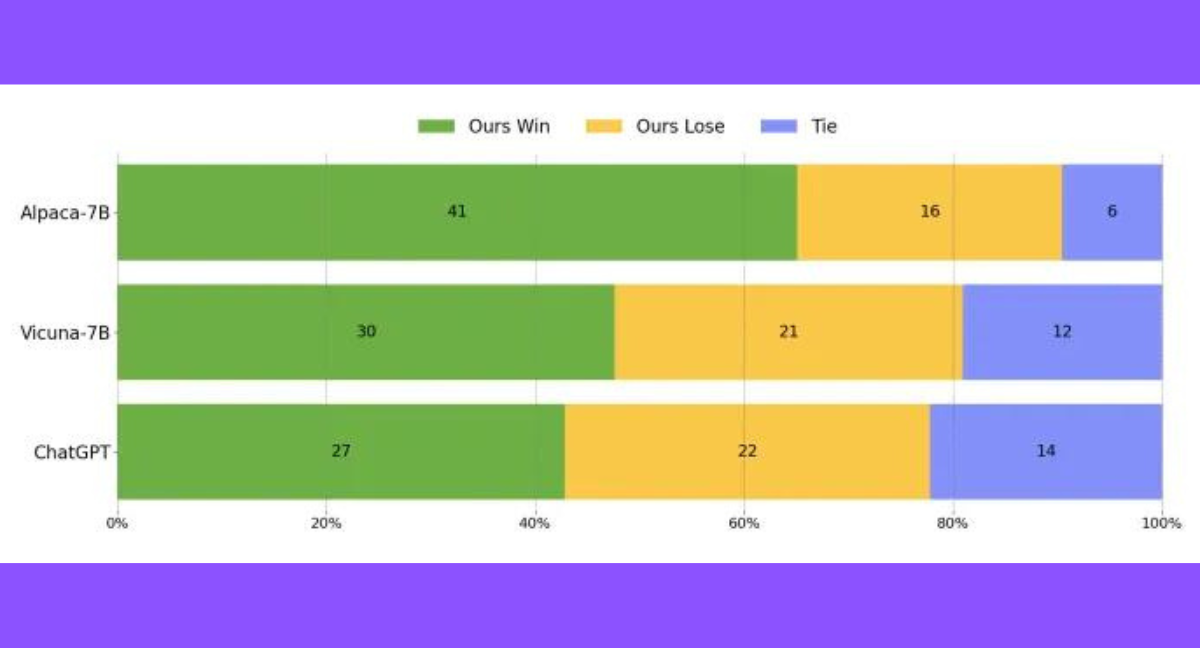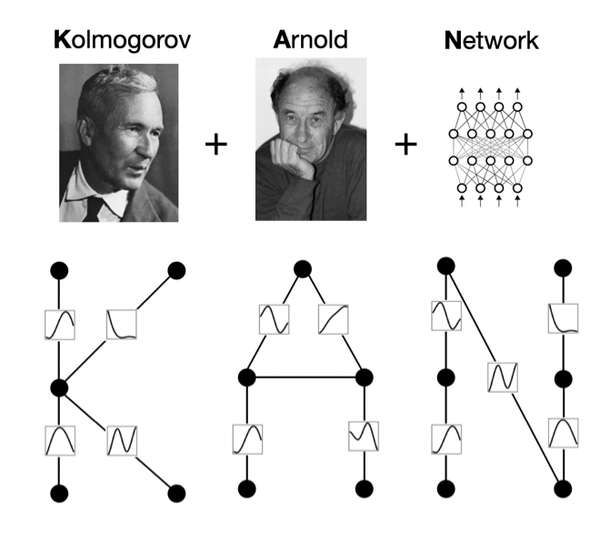Large language models (LLM) have shown tremendous success in open-domain instruction following. However, manually creating instruction data is time-consuming and labour-intensive. Moreover, humans may struggle to produce high-complexity instructions. In a recent paper, the authors propose a new method called Evol-Instruct to create instruction data with varying levels of complexity using LLM instead of humans.
WizardLM is a fine-tuned 7B LLaMA model, trained with 70k computer-generated instructions using the Evol-Instruct method. Evol-Instruct expands a prompt with these five operations
- Add constraints
- Deepening
- Concretizing
- Increase reasoning steps
- Complicate input
These operations were applied sequentially to an initial instruction to make it more complex.
The responses were generated by an LLM.
This model excels in answering complex instructions, and its responses were preferred over those generated by other models in high-complexity questions.
The authors compared WizardLM's performance with Alpaca 7B, Vicuna 7B, and ChatGPT. They recruited ten people to judge the responses of WizardLM and other models in five aspects: relevance, knowledge, reasoning, calculation, and accuracy. The results showed that WizardLM outperformed Alpca and Vicuna and excelled in answering complex instructions, although ChatGPT performed better overall.

WizardLM excels in answering complex instructions. (Source: WizardLM paper)
Read More

The WizardLM model is still in its early stages, and the authors plan to improve it by training it on larger scales, adding more training data, and innovating more advanced large-model training methods.
Currently, the model is available in demo mode, and the authors are looking for highly motivated students to join them as interns to create more intelligent AI together. The demo currently supports only single-turn conversation and English, with plans to introduce support for other languages in the future.
We research, curate and publish daily updates from the field of AI. Paid subscription gives you access to paid articles, a platform to build your generative AI tools, invitations to closed events, and open-source tools.
Consider becoming a paying subscriber to get the latest!









